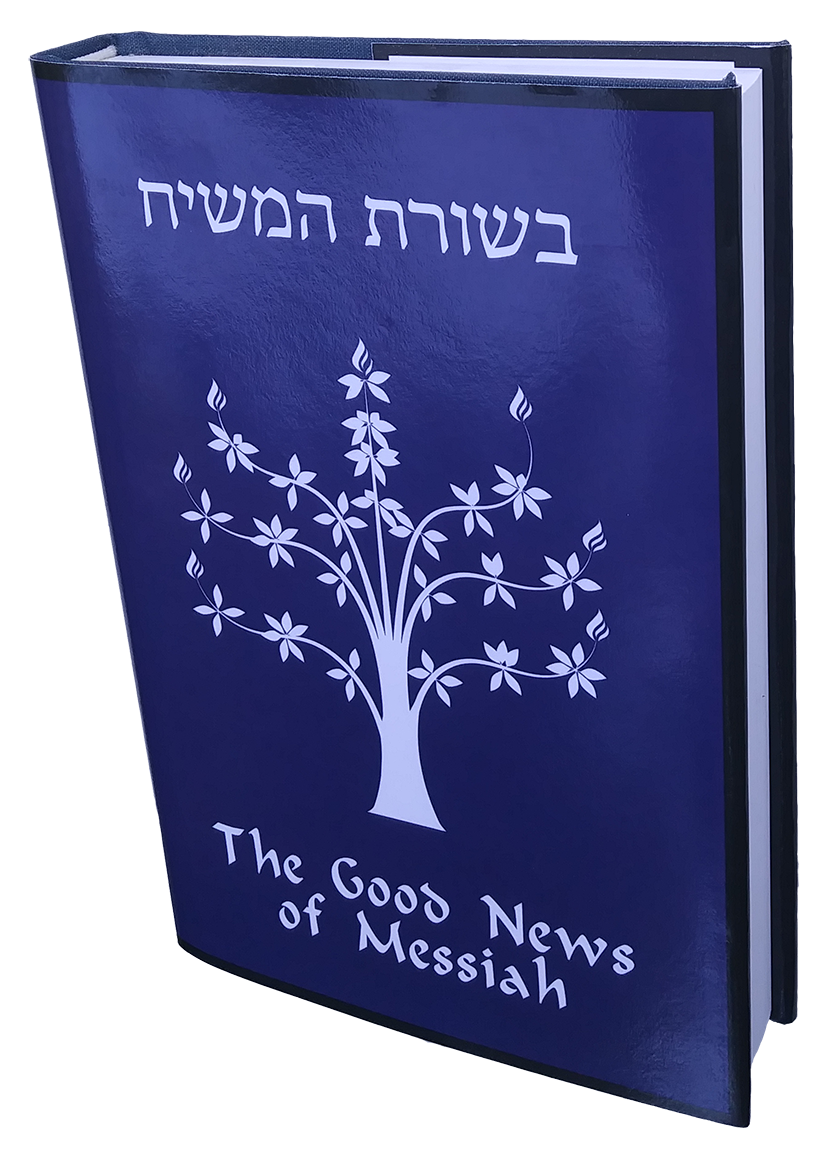The Good News of Messiah
The First Day Riddle
August 29, 2018


The main stream church gives a false narrative of Messiah’s death and resurrection. This is because the MSC has rejected law and order, namely Messiah’s laws, and they wish their “version” of history to agree with their conclusions. So they teach that Messiah died on a Friday and rose on a Sunday. They failed to solve the chronological riddles as a consequence of their lawlessness and fell into the trap of the wrong solution concerning history’s greatest event!
This is not just a debate about chronology, but about the truth and all its foundations in the Law and Prophets. If we get this correctly, then we can recover a completely objective historical support system for our faith. We can thank Answers in Genesis and other creationists for pointing us to the correct history of creation, and its short chronology. They all underline the importance of the historical facts and the literal numbers, and remind us that if the enemy can shoot apart the foundation structures, he can shoot apart anything in God’s word. We just have to rememeber that the main stream church can sometimes recover enough of the truth to convince people of that truth, and then utterly fail to examine what else is wrong.
In order to solve the riddle, we have to know what the original text said, because the main stream church has mistranslated all the key passages, which say the resurrection was on the Sabbath! You don’t believe me? Are you willing to disbelieve the main stream media and yet still swallowing what the main stream church says?
We may prove this in two ways. The first is by showing the contradictions that result with the wrong interpretation. The second is by showing what the original Greek words actually mean, and that taking them the right way removes ALL the contradictions. Let me demonstrate the contradictions.
No. 1: Mathew 12:40. The MSC (main stream church) does not have three nights.
No. 2: Mark 8:31. The resurrection for the MSC does not have the resurrection “after three days.”
No. 3: Per consequence of the Friday doctrine, the MSC must pick AD 30 or 33 for their year of the Passion. These choices generate more contradictions with the details of Scripture.
No. 4: The further the MSC tries to go into biblical history to reinterpret it in terms of their Friday-Sunday narrative, the more the contradictions multiply until it is rendered defenseless against higher criticism (rejection of Scripture) exemplified by Edwin Thiele’s revised chronology of the kings, Mysterious Numbers of the Hebrew Kings.
Now let us turn to the second proof:
No. 1: The texts do not say “first day of the week.” The word translated “week” is in fact the word “sabbaths,” which they claim means “week.” The Scripture riddle is in Lev. 23:11-15. Seven Sabbaths were to be counted after the Passover Sabbath (Even there mistranslations abound.) It is a riddle in itself that they are counted after the Passover Sabbath, which has been mistaken for the weekly Sabbath.
The First of the Sabbaths is the first of seven Sabbaths that are counted each year after the Passover Sabbath. The resurrection day was on the first Sabbath after Passover, exactly as the Scripture states.
No. 2: The first part of Matthew 28:1 is also mistranslated by the MSC. It literally reads, “But late of Sabbaths.” The word “late” they translate “end” or “after.” But the context does not support such changes away from the literal sense of the word. It is permitted to supply the word “the” when English needs it: “But the late of the Sabbaths.” We also recognize that this means the same as “But the late one of the Sabbaths,” just as “the late of the men,” means the same as “the late one of the men.” The text is telling us that the later Sabbath in Passover week, (after the Passover Sabbath, which is the same as the weekly Sabbath,) was the resurrection day.